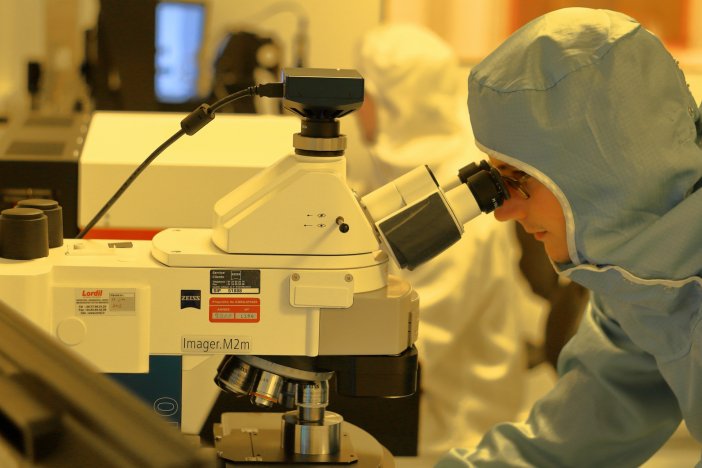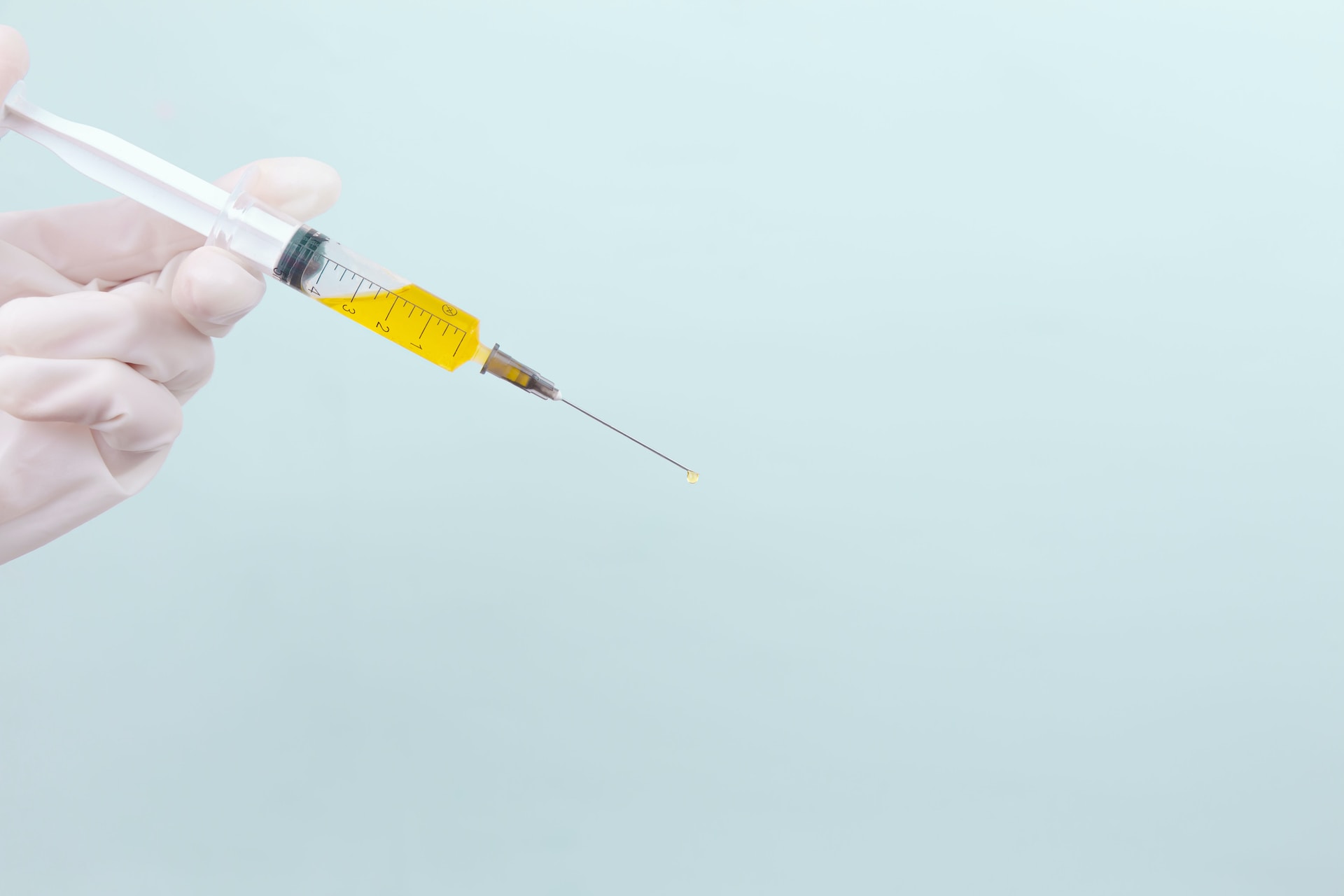
Research: HPV vaccine studies gave positive results! Even a single dose of vaccine works
A new study shows that a dose of vaccine that can prevent the virus that causes most cases of cervical cancer can be as effective as two or three regular doses.
The findings could have a significant impact in reducing the worldwide rate of cervical cancer, as a single dose simplifies the vaccination process and is less costly. Cervical cancer is the fourth most common type of cancer among women, with an estimated 342,000 deaths worldwide in 2020.
HPV VACCINE STUDIES GAVE POSITIVE RESULTS
The vaccine prevents transmission of cancer-causing strains of the sexually transmitted disease called human papillomavirus, or HPV. The first HPV vaccine was approved in the US in 2006, and the CDC currently recommends two or three doses, depending on the age of the person.
The new findings were presented during the 35th International Papillomavirus Conference in Washington DC in late April.

The study included 2,275 people aged 15 to 20 in Kenya. Participants were tested regularly for 3 years. The researchers reported that two doses of the vaccine were 98% effective, and nine doses of the vaccine were 96% effective.
In December, the World Health Organization reduced the number of recommended HPV vaccine doses to one, stating that in 2021 only 15% of girls worldwide were vaccinated.
Peter Dull, deputy director of clinical vaccine development at the Bill & Melinda Gates Foundation, which financed the research, said in a statement; 'Following the WHO recommendation supporting a single-dose regimen for HPV vaccine can help make the vaccine more accessible to women and girls worldwide by reducing costs, relieving pressure on supply and facilitating vaccine distribution.'

According to the news compiled by WebMD from the New York Times; at least 24 countries have already adopted the single dose approach. The newspaper said more results from the research are expected in 2025, including an official scientific test of multiple-dose and single-dose protection.
Source: WebMD Edited by: Life724 Photos: Unsplash






